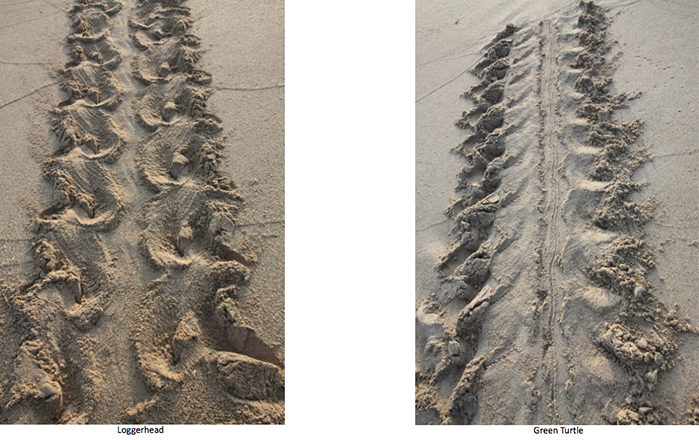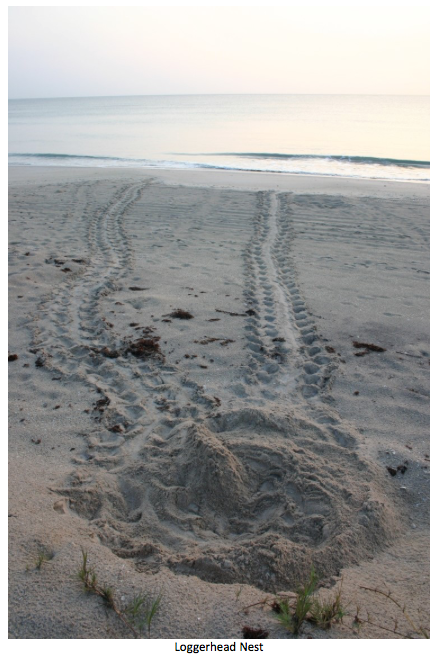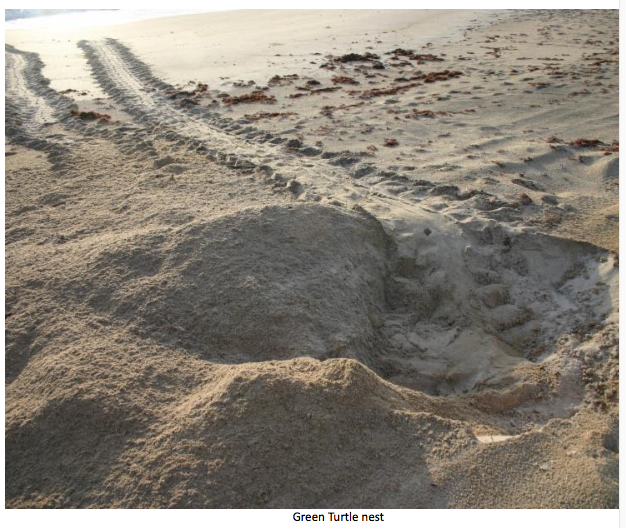Recent News
5 Ft Long Dead Moray Eel Washes Up On BeachTuesday, August 20, 2013
[Updated] What appears to be a dead eel was found washed up on an east end beach this afternoon [Aug 20].
Bermuda Zoological Society's "Reef Watch"
Monday, August 19, 2013
The Bermuda Zoological Society is hosting a “Reef Watch” on Saturday, August 31, which is designed to raise funds for reef conservation. Boats will depart at 12 noon, and the field report and dinner will take place at Barr’s Park from 4pm to 7pm.
Volunteers wanted for Island's first Reef Watch
Monday, August 19, 2013
The Bermuda Zoological Society (BZS) is calling all citizen scientists to help them carry out a health check on one of Bermuda’s most valuable resources — its coral reef system.
BAMZ curator hopes dolphin is outside the reefline
Friday, August 16, 2013
Authorities are still on the lookout for the lone dolphin that was feared stranded in Somerset Long Bay.
UK Zoo continues work with Bermuda skinks
Thursday, August 15, 2013
After finding themselves a new home in the Chester Zoo in the United Kingdom earlier this summer, the troubled Bermuda skink is getting a new chance at success as a species as zoo officials begin putting together a guide aimed at helping those with a hand in conservation services on the island to more easily breed and protect the highly endangered lizard.
About
GovernanceAbout Us
Newsletter
Latest News
Gift & Bookstore
Contact
General Inquiries
info@bzs.bm
Latest News
All the latest updates and news from the Bermuda Aquarium, Museum, and Zoo, one of Bermuda's leading visitor attractions!
Jennifer Gray, Bermuda Director, Bermuda Turtle Project
Are you an early riser? Do you like to walk beaches?
Be a part of our Citizen Science Volunteer Programme... take a walk and report sea turtle nesting events.
In 1870 Bermuda's Attorney General declared that there was no nesting of sea turtles in Bermuda giving us an approximate time reference for the local extinction of our nesting green turtles.
Sea turtle nesting events in Bermuda; of 1990 (Loggerhead), 2005 (Loggerhead) and 2015 (Green) give us a glimmer of hope for the future and suggest a possibility that sea turtles are nesting sporadically hidden from human eyes. All three of these nests were discovered fortuitously by observant members of our community and we encourage everyone to be aware of the tell-tale signs of sea turtle nesting and report any events to the Bermuda Turtle Project.
Historic records suggest that sea turtles in Bermuda nested between late April through June and certainly June, July and August would provide the optimal sand temperature for a sixty- day incubation period of eggs.
To identify the tracks (crawls) of a nesting sea turtle observations should be made early in the morning when they are fresh and unaltered by wind and rain. Whenever possible photographic records should be obtained. The tracks of a nesting sea turtle should emerge from the high tide mark and lead to a disturbed area of sand at the back of a beach with another track returning to the sea. Loggerhead tracks are approximately three feet wide while Green Turtle tracks are typically four feet wide.

Photos: Sea Florida Fish & Wildlife Conservation Commission


Hatchlings emerging from a nest may not leave clear tracks depending on the type of sand and wind conditions but when they do many small tracks from the nest to the sea may be observed. These should not be confused with the tracks of a hermit crab. If there are bright lights the vicinity of the beach hatchlings may become disoriented and have trouble finding the ocean.
Tracks from disoriented hatchlings.
Their tracks should lead straight to the sea. Hermit Crab tracks

Photo: Sea Turtle Conservancy
Help us understand the status of sea turtle nesting by reporting any tracks or nesting events to the Bermuda Turtle Project by calling (441) 332-2966.


